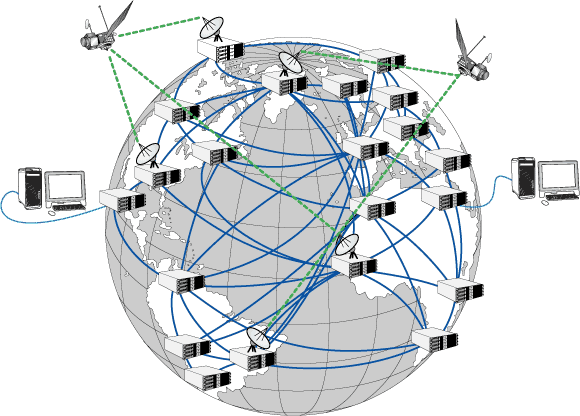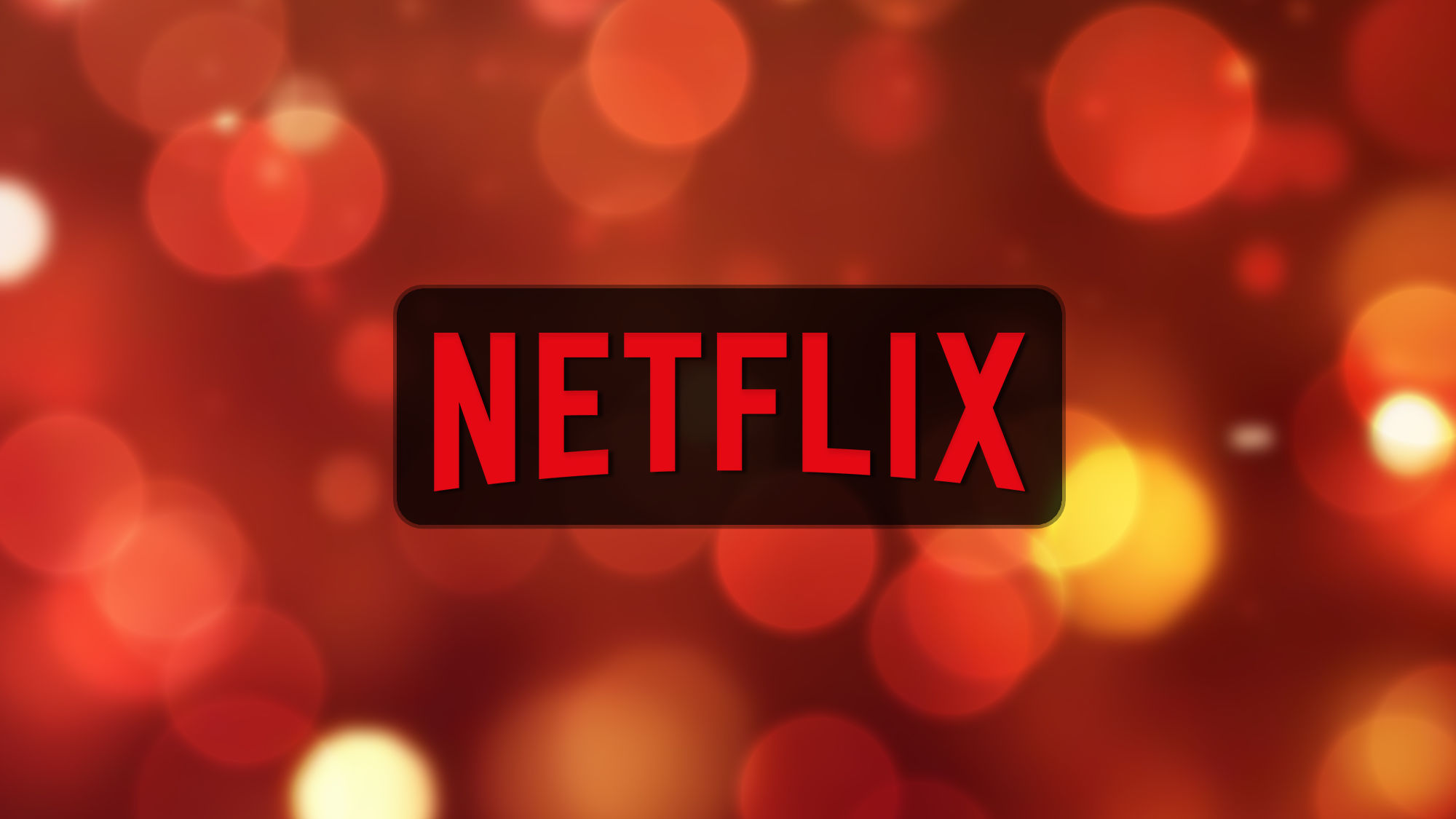What Is Average Data Use And Should You Care?
So, what can you get for 150 GB? Does AT&T have a case? Are you an average Internet consumer? Is it unfair and will it increase your monthly data bill? Let's look.

So, what can you get for 150 GB? Does AT&T have a case? Are you an average Internet consumer? Is it unfair and will it increase your monthly data bill? Let's look.
It's easy to fall into hysteria over such news. It's in our nature that we just don't like it if something is taken away that we have been used to, even if it is reasonable reduction of a service. And it's not like we haven't been living under a bandwidth cap for the past several years.
There has always been a silent 250 GB bandwidth cap, which you were reminded of with a courtesy letter, if you exceeded it. Providers such as Comcast reserved the right to terminate your service if you consistently pushed your data usage beyond 250 GB per month.
AT&T cuts its bandwidth limit now by 40%, which is substantial, but you could argue that it's still enough to transfer 35,000 12 megapixel pictures per month, download about 40,000 MP3 songs or transmit 8823 hours of basic Skype video chat.
However, that is only one side of the story as you take this argument in the other direction and claim that there are plenty of high-bandwidth applications that have emerged as bandwidths have increased an enabled applications such as HD video streaming.
What is the purpose of a 100 Mb/s connection, if you theoretically burn through 150 GB in about 200 minutes? Silly question, the purpose, of course, is to charge to extra for the connection you have been paying through the nose already.
I am not sure how you felt, but as an AT&T customer, the announcement caused me to look a bit closer into the data usage of our household. AT&T says the average user consumes about 18 GB a month and, quite frankly, I had no idea what our data usage was.
Get instant access to breaking news, the hottest reviews, great deals and helpful tips.
In AT&T's terms my family may qualify as excessive Internet users, even though we do not share files through services such as RapidShare or BitTorrent, which are traditionally used as reasons why bandwidth caps are put in place.
The biggest chunk of data consumption does not come from the PC, it is downloaded by our game consoles PS3/Xbox 360/Wii. It turns out that we stream about 20 Netflix movies per month, which, in a worst case scenario run at about 2 GB per hour or about 60-80 GB per month.
Our four teenage kids spend considerable time on YouTube, Hulu, Flickr and Flash gaming sites which we conservatively estimate at about 500 MB of data per day or 15 GB per month.
Our music consumption has moved to the cloud and we use several devices through our household that stream pure radio and music, typically at a rate of about 56 MB per hour or 224 MB per day or about 6 GB per month. We also got used to videoconferencing services to keep in touch with other family members: Our service runs at 667 Kb/s or about 290 MB per hour or 4 GB per month.
Of course, there is the miscellaneous data consumption that would include email, security updates, Facebook, Twitter, and those massive game console updates, music purchases, and increasingly popular cloud applications services within our family (which also includes a frequently Chrome OS notebook).
Additionally there is substantial office data use of just about 10 GB of data every month. Our fixed data usage appears to be about 115 GB of data per month, not included our miscellaneous items, which we expect take us to close to 130 GB. That is about 6-7x the data usage of AT&Ts average Internet user.
Are we excessive Internet users? It may be substantial, but there is no reckless behavior beyond the fact that we embraced many data services we believe make our life simpler and easier.
In fact, it is the data connection that is the problem in many cases: AT&T's DSL has quality issues at least once a week, it is far from being competitive with global bandwidth standards and if you need their support to fix and issue on their end, you are now charged extra for second-level support that you will need to buy if you know how to find your Internet settings on your own.
I have no issues paying for what we use, but I have issue with being lied to and being viewed stupid. Let's be realistic: The 150 GB bandwidth cap is not a deterrent for high-capacity users. It's a silent price increase which enables AT&T to charge $10 extra for 50 GB extra data. It's a not-so-silent anti-competitive move to curb the influence services such as Netflix or higher-level providers such Google TV or Apple TV.
With the 150 GB cap in place, there is no way for Netflix to compete with AT&T, if it wanted to, on a broad level and as a primary content provider. It even hurts services such as Steam, which causes massive data volumes for gaming enthusiasts, at least on the level of frequent Netflix usage. AT&T said that the data cap would not affect its own U-verse service, but hit its rivals. If AT&T gets away with such a statement, you know that the government is not acting on your behalf anymore.
I have argued before that data bandwidth caps are anti-competitive and a serious threat to innovation in this country - a threat that is continuously held like a Sword of Damocles over your head.
I am not sure if AT&T and other carriers are afraid of future data usage and are simply taking turns with those threats in the hope to wear us out or if they are under the impression the average American Internet user is stupid enough to think that 18 GB of data ought to be enough for a month in the year 2011 and we should be grateful for being granted 150 GB.
Especially AT&T has a tendency to sell price increases as price reductions - if we remember the 200 MB and 2GB wireless caps that cost you $30 for 201-400MB of data - the same price as the previous flat rate. It's a company that is stuck in a time that is long gone.
As for the 150 GB cap, it will be interesting to see who will exceed the limit, but I believe it will be more than just the 2% of users AT&T currently says. So, are you an average Internet user?
For information about computer protection, check out our pages on the best antivirus software, the best Mac antivirus software and the best Android antivirus apps.
Wolfgang Gruener is Director, digital strategy and content experience at American Eagle, where he specializes in strategic data analysis, user behavior models and information architecture (IA), as well as content strategy and governance. He was also Managing Editor of the website TG Daily and contributor to sites including Tom's Guide and Tom's Hardware.
-
matt87_50 should just be pay by the byte...Reply
now THAT is fair!
most people who cringe at the idea do so because they assume that means "expensive"
but it doesn't have to be. the important thing is that its fair. -
ludee I don't live in the US, but I think AT&T is just being idiotic. If 150Gb cap affects only 2% of users it shouldn't be a big deal. AT&T only makes itself look bad by doing this.Reply -
fusion_gtx I remember when Steam had their whole Christmas special going on. Between my roommates and myself we burned through 150gb in a 3 day stint of mass downloading...Reply -
LuckyDucky7 I'm Canadian. My government cares enough to slap 'em down. They just did recently.Reply
Maybe some writing needs to go on? Time for the FCC to illegalize this crap?
I think so. -
Supertrek32 The biggest issue I have with data caps is that they're so obviously NOT a solution to any real problem. The amount of data carried over a line in a month doesn't matter. What matters is the amount of data passing through the line at any given moment - aka bandwidth.Reply
So what happens when you put a data cap on the line? People wait till the end of the month to use up all the extra and you have a huge spike in bandwidth usage. Caps don't prevent lines from being overloaded. They promote it. If only a couple neighbors have their bills come at the same time of the month, the entire neighborhood (and possibly even nearby neighborhoods) will see performance plummet.
Data caps don't fix any problems (that actually exist). They just make them worse. -
There's a petition on Change.org now urging people to speak out again these AT&T data caps. Sign it and share it and maybe we can defeat this abomination of a decision and show AT&T that we won't stand for it.Reply
http://www.change.org/petitions/tell-att-that-data-caps-are-absolutely-unacceptable -
nforce4max I couldn't survive on 250gb a week much less a month. >:|Reply
Greedy jerks! The only real cost to the isp is the end devices while much of the backbone infrastructure was already built during the .com boom era. -
selks In an average sized town in Ontario, we pay $55 a month plus tax for a 60GB cap at 14Mbps, and $1.50 a GB over the cap up to $30. I average about 40-50GB a month between myself and my roommate, neither of us torrent, but we do download about a game a month on steam. During our free month of Netflix however, we used 140GB. I wish I did have a 150GB cap, but I'm sure theres many people out there who wish they had a 60GB cap. I've heard some horror stories about some services in Europe. Just my two cents.Reply -
seems at&t is always claiming what they change is only going to affect 2% of their users.....Reply
they upgrade cell tower equipment and which puts all 3g iphone uploads to edge only... and claimed it affected only 2% of users(didnt know iphone only made up 2% of all thier phone use...)
the cell data plan cap was only going to affect 2% of users..... i guess no folks use pandora while at work? i do and just a few hours a day puts me WAY over 2 gigs a month....
and now they plan on caping thier dsl? why are we moving backwards 15 years in progress to when dsl first came out and telecom companies complained that broadband would allow users to overload their equipment and congress needed to let them cap the data on heavy users..... it didnt work then, but it seems people dont have the guts to stand up to them anymore...
 Club Benefits
Club Benefits





